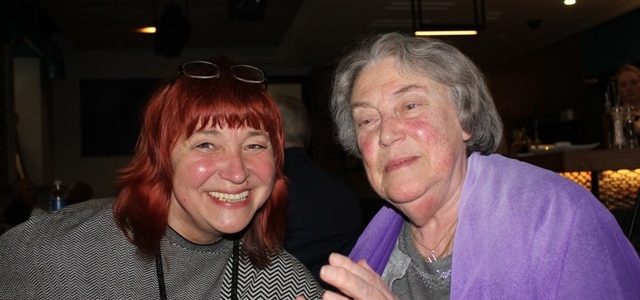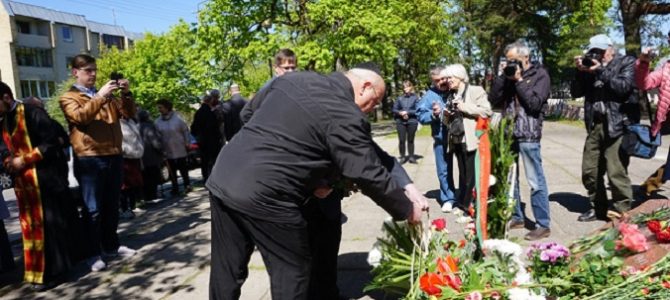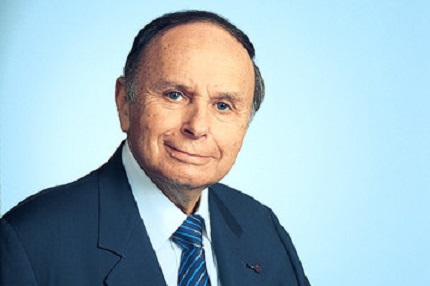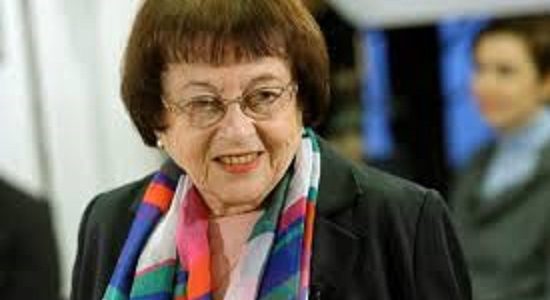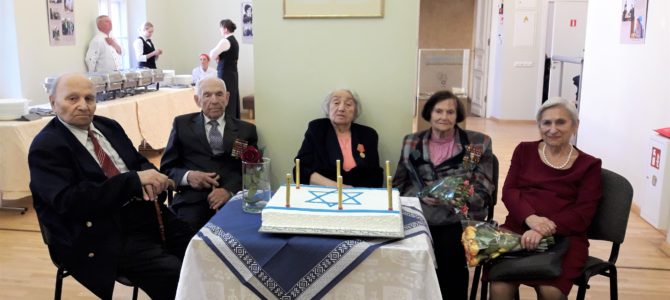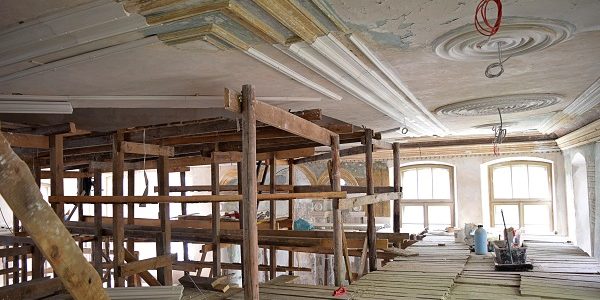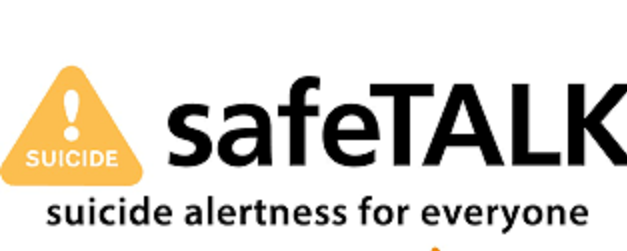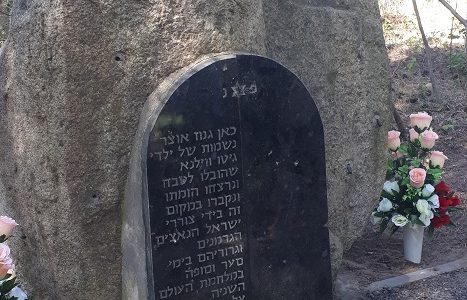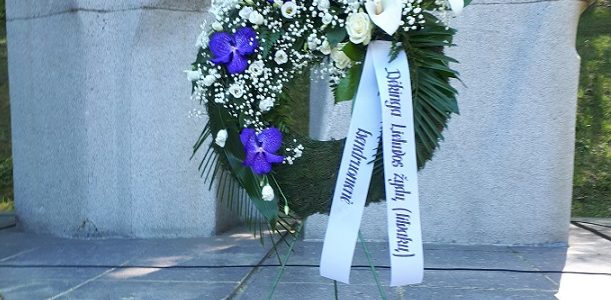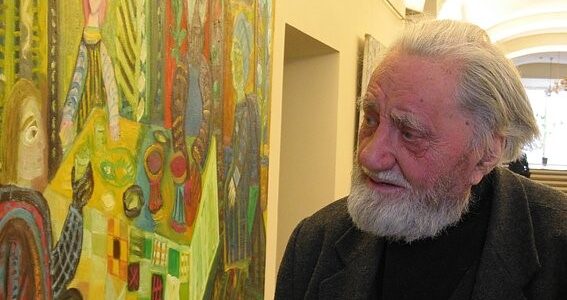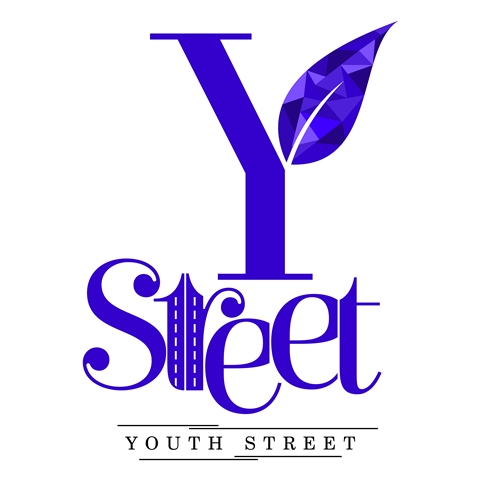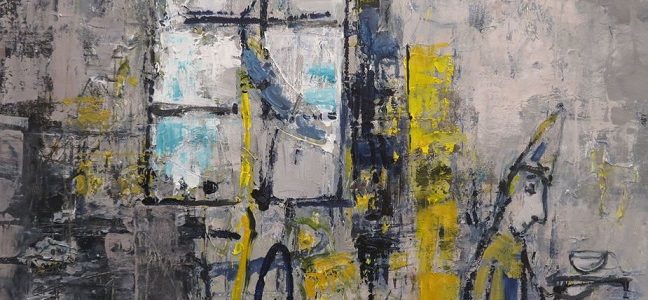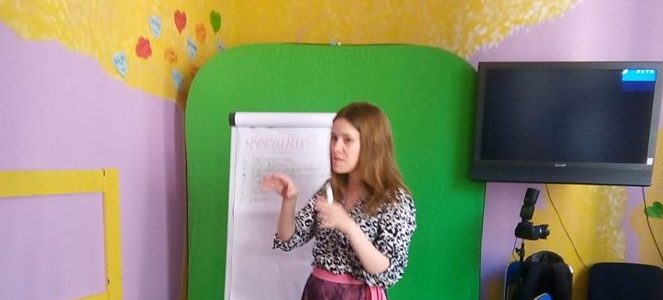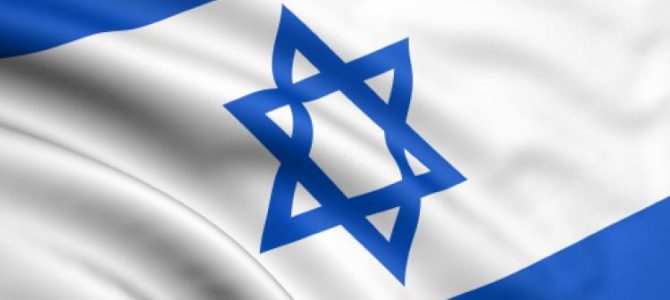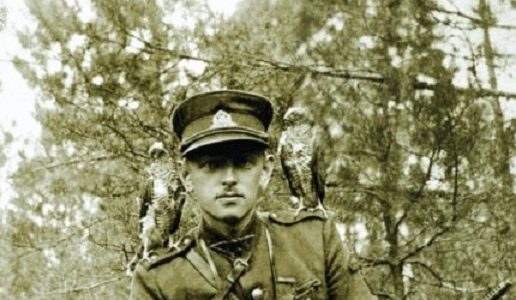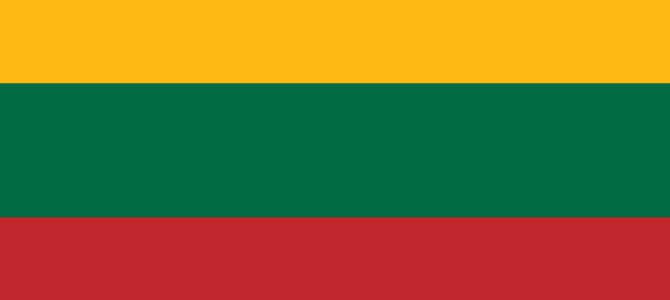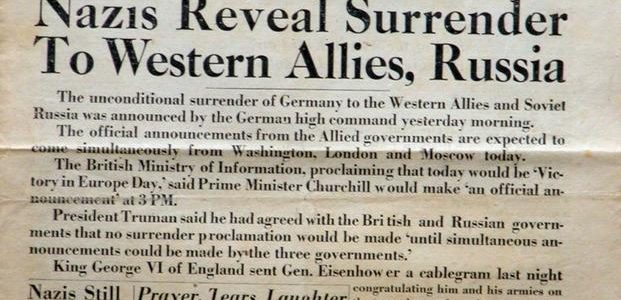The Kaunas Jewish Community continued this year its spring tradition of commemorating those who rescued Jews from the Holocaust.
Rescuers and the rescued came together again in a warm celebration of friendship and humanity. Professor Saulius Kaušinis who spoke at this year’s event said it and the stories behind could serve as an example of peace and peaceful coexistence in today’s world troubled by conflict, hate and terrorism.
This year the commemoration coincided with Holocaust Day and six candles were lit in memory of the six million Jews murdered in Europe.
Tenth-grade Art Gymnasium student Patricija Pugžlytė performed a piece from Schindler’s List on cello. Actress Kristina Kazakevičiūtė, herself the daughter of a rescuer, helped create an atmosphere of reflection and at the same time joy, and after all the point of the ceremony was to celebrate life. The saxophonist Michail Javič also performed.
It was sad to note the dwindling ranks of both the rescuers and the rescued, but at the same time it was a great joy to see their children and grandchildren there who were eager to share their family stories.


